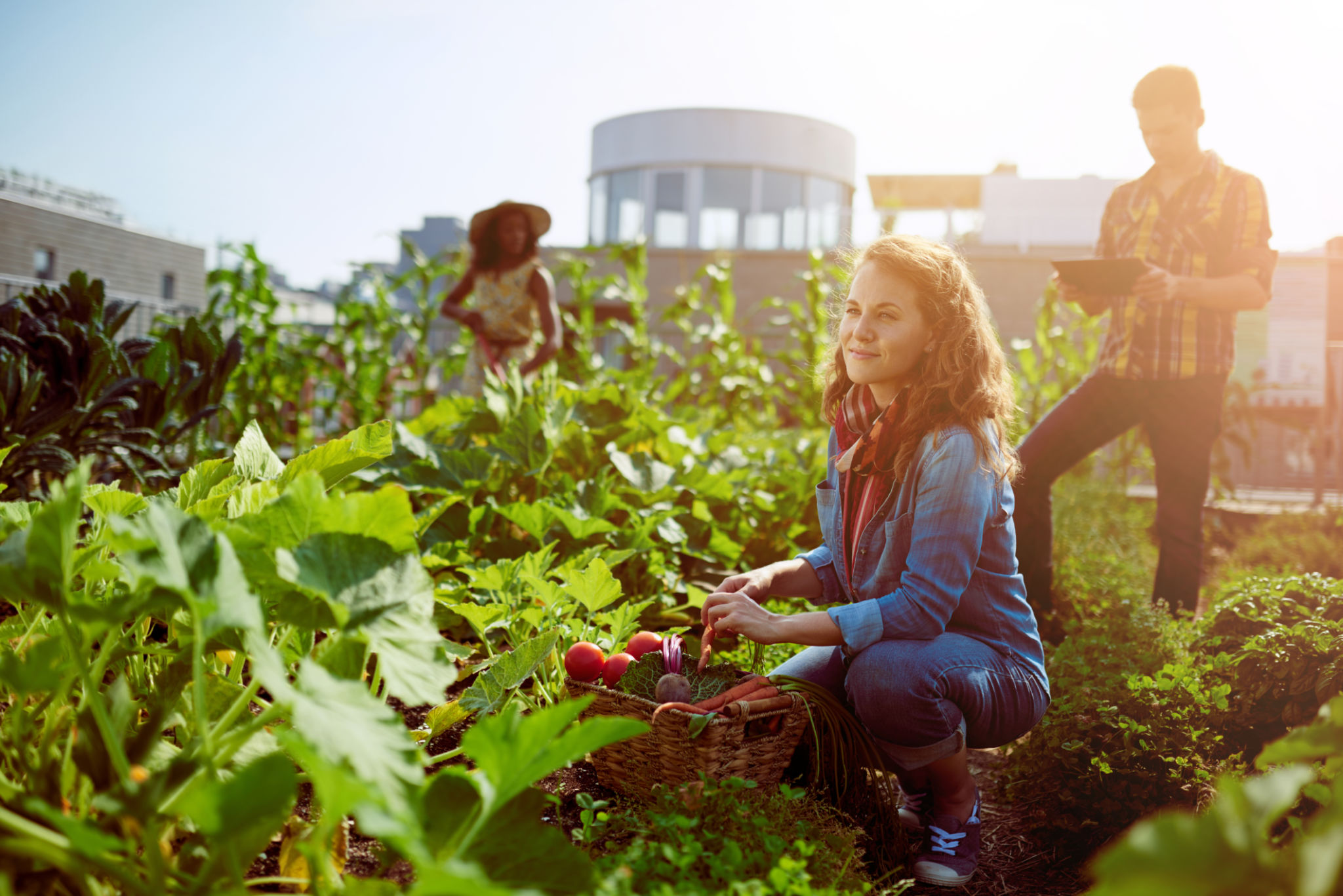Myths and Facts About Sustainable Agriculture in Malawi
LW
Understanding Sustainable Agriculture in Malawi
As the world increasingly turns towards sustainable farming practices, understanding the myths and facts about sustainable agriculture in Malawi becomes crucial. This African nation, with its vast agricultural potential, is at a crossroads where traditional practices meet modern sustainable techniques. In this blog post, we will explore some common misconceptions and truths about sustainable agriculture in Malawi.

Myth 1: Sustainable Agriculture is Too Expensive
A prevalent myth is that sustainable agriculture is prohibitively expensive for smallholder farmers in Malawi. While initial investments in organic fertilizers or water-saving technologies might seem costly, the long-term benefits often outweigh these expenses. Sustainable methods can significantly reduce costs related to chemical fertilizers and pesticides, leading to healthier soil and higher yields over time.
Moreover, many organizations offer support and resources to help farmers transition to sustainable practices. By focusing on resource efficiency and minimizing waste, farmers can ultimately save money while promoting environmental health.
Fact: Sustainable Farming Preserves Biodiversity
One of the undeniable facts about sustainable agriculture is its positive impact on biodiversity. By utilizing crop rotation, agroforestry, and organic farming practices, Malawian farmers can maintain a rich variety of crops and habitats. This diversity not only supports a balanced ecosystem but also enhances resilience against pests and diseases.

Myth 2: Sustainable Practices Yield Lower Output
There is a common misconception that sustainable farming results in lower agricultural productivity. However, evidence from various regions of Malawi shows that these practices can actually enhance crop yields. Techniques such as intercropping and integrated pest management improve soil fertility and plant health, leading to better harvests.
Farmers adopting sustainable practices often report increased stability in their production levels, even under adverse weather conditions. This resilience is crucial as climate change continues to impact traditional farming methods.
Fact: Community Involvement is Key
Sustainable agriculture in Malawi thrives on community involvement. By fostering cooperative approaches and knowledge sharing, communities can collectively implement effective farming strategies. This collaboration often leads to innovative solutions tailored to local conditions.

Programs that encourage community involvement also empower farmers by providing education and training on sustainable techniques. Such initiatives strengthen local economies and contribute to food security, ensuring a more sustainable future for Malawian agriculture.
Myth 3: Sustainability is Only About the Environment
While environmental conservation is a significant aspect of sustainable agriculture, it does not tell the whole story. Sustainable farming also encompasses economic viability and social equity. In Malawi, this means ensuring that agricultural practices are not only environmentally friendly but also economically rewarding for farmers and socially inclusive.
By addressing these three pillars, sustainable agriculture promotes a holistic approach that benefits the entire community, from improved livelihoods to enhanced food security.
In conclusion, dispelling myths and understanding the facts about sustainable agriculture in Malawi is essential for fostering a thriving agricultural sector. By embracing sustainable practices, Malawian farmers can achieve greater productivity, environmental health, and community well-being.
